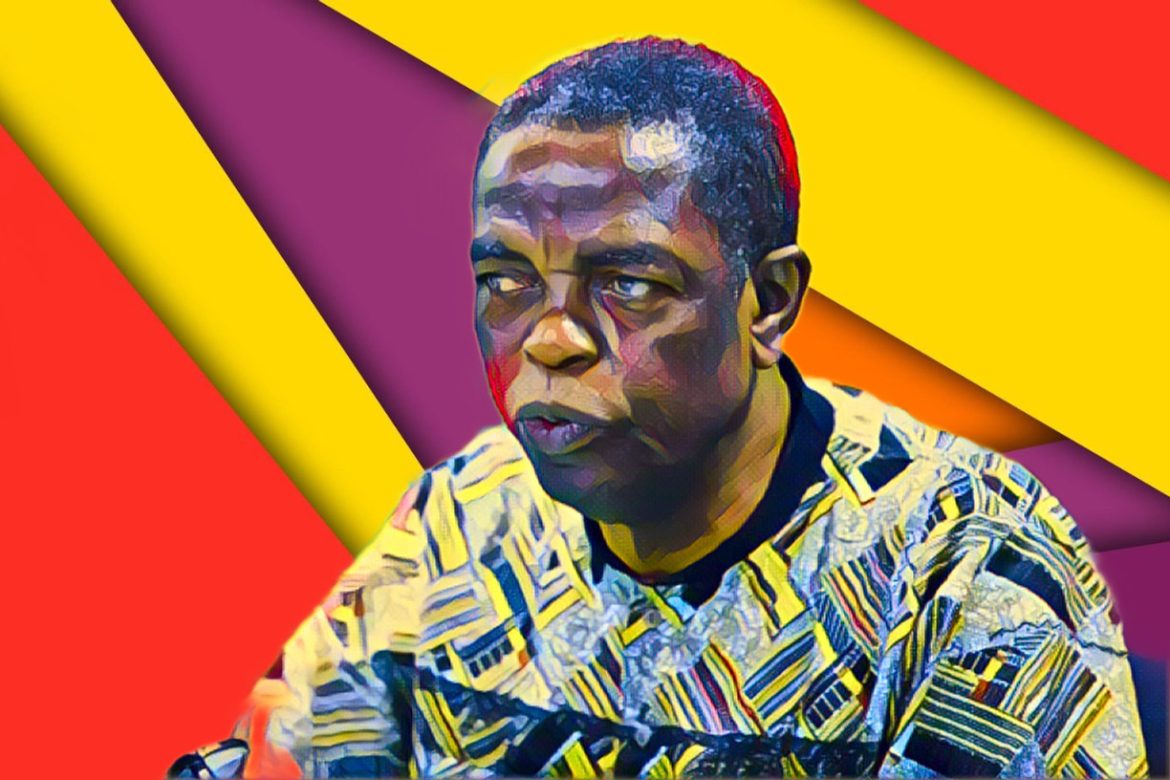In a surprising turn of events, Kwesi Pratt, the running mate of the New Patriotic Party (NPP) in Ghana, has publicly criticized Dr. Matthew Opoku Prempeh, commonly known as NAPO, regarding his recent political activities. Pratt’s remarks have added a new dimension to the internal dynamics of the NPP as it gears up for the upcoming elections.
Kwesi Pratt, known for his outspoken nature and strong opinions, did not hold back in his critique of NAPO, who is the Minister of Energy and a significant figure within the NPP. During a recent interview, Pratt questioned NAPO’s approach and effectiveness in his ministerial role, suggesting that his strategies might not align with the broader objectives of the party.
“While we respect NAPO’s contributions, it is crucial to evaluate if his actions truly serve the interests of the party and the nation,” Pratt stated. “We must ensure that our leaders are not only competent but also aligned with our vision for progress and development.”
Pratt’s comments have sparked discussions within the party and among political analysts. Some view his statements as a bold move to address underlying issues within the NPP, while others see it as a potential source of division during a critical period leading up to the elections.
Dr. Matthew Opoku Prempeh, a seasoned politician and minister, has been a key player in the NPP government. His work in the education sector, prior to his current role in the energy ministry, has been both praised and scrutinized. As Minister of Education, he spearheaded significant reforms, including the Free Senior High School initiative, which garnered both support and criticism.
In response to Pratt’s comments, supporters of NAPO have defended his record, highlighting his dedication and achievements in both the education and energy sectors. “NAPO has demonstrated exceptional leadership and commitment to the nation’s development,” said Kwame Asante, a member of the NPP. “It is important to recognize his contributions and not undermine his efforts.”
The public critique from a running mate is unusual and has prompted a broader conversation about unity and strategy within the NPP. Some party members fear that such public disagreements could weaken the party’s position and give an advantage to their opponents.
Political analyst Dr. Nana Ama Osei believes that Pratt’s comments could be a strategic move to address internal issues openly and promote transparency. “This could be an attempt to ensure that the party addresses any internal conflicts and presents a united front to the electorate,” she noted. “It’s a risky move, but it might pay off if it leads to constructive dialogue and resolutions.”
The NPP, under the leadership of President Nana Akufo-Addo, has been working to consolidate its achievements and present a compelling case for re-election. Internal unity and coherent strategy are seen as vital to securing another term in office.
Pratt’s public critique of NAPO underscores the complexities of political alliances and the challenges of maintaining unity within a party. As the elections approach, the NPP will need to navigate these internal dynamics carefully to maintain its electoral strength.
In the midst of these political maneuvers, the Ghanaian electorate remains focused on issues that directly impact their lives, such as economic stability, job creation, and social services. The NPP’s ability to address these concerns effectively will be crucial in determining its success at the polls.
The coming months will reveal whether Pratt’s bold comments lead to positive changes within the NPP or create further divisions. The party’s response and the actions of its key figures, including NAPO, will be closely watched by both supporters and opponents.
In these challenging times, the hope remains that political leaders will prioritize the nation’s welfare and work towards solutions that benefit all Ghanaians.
Source: ghanaweb.com




